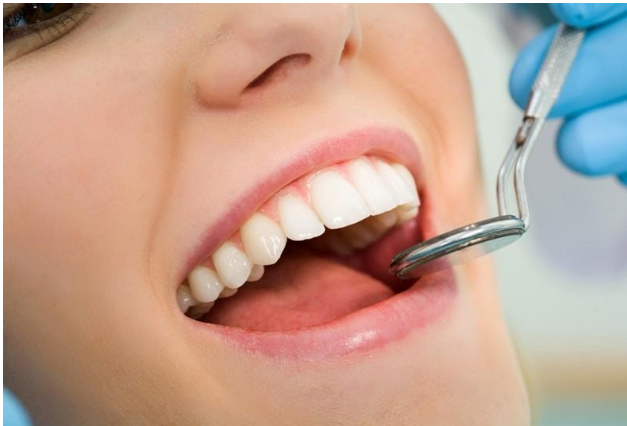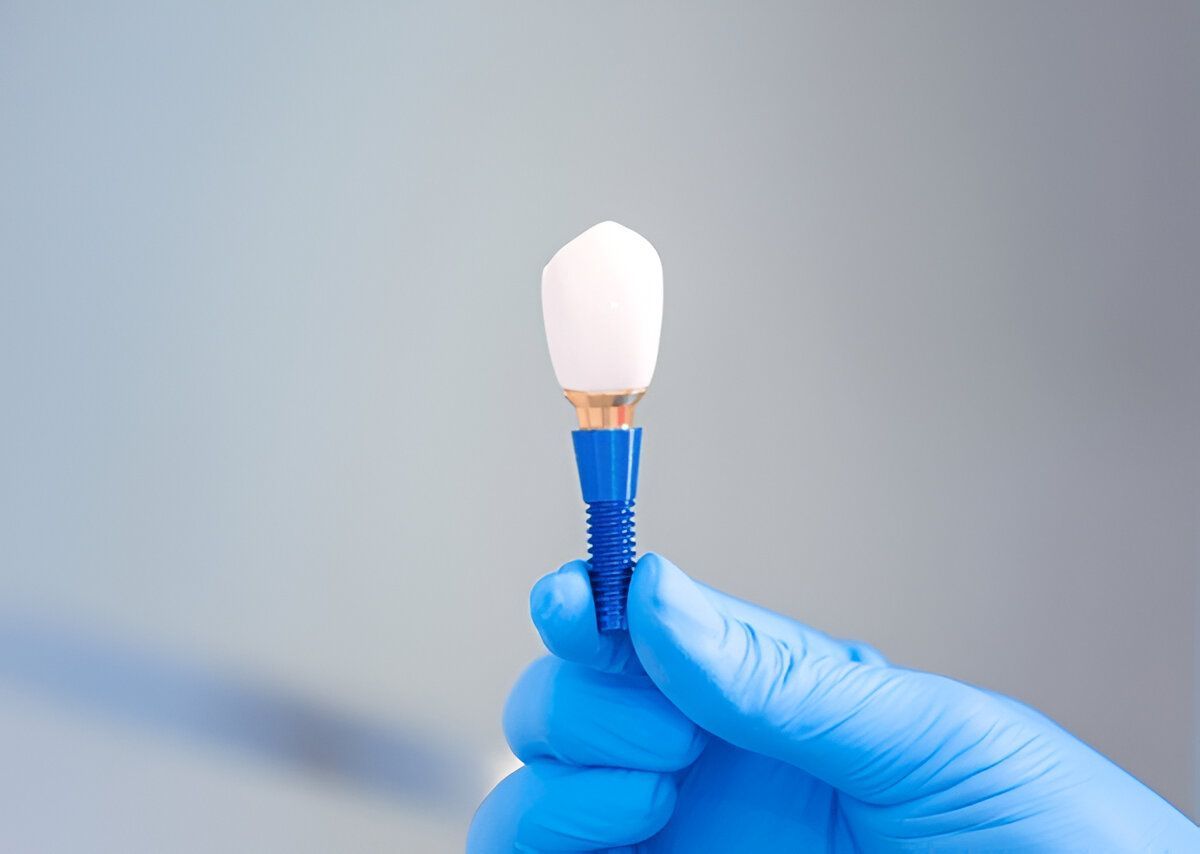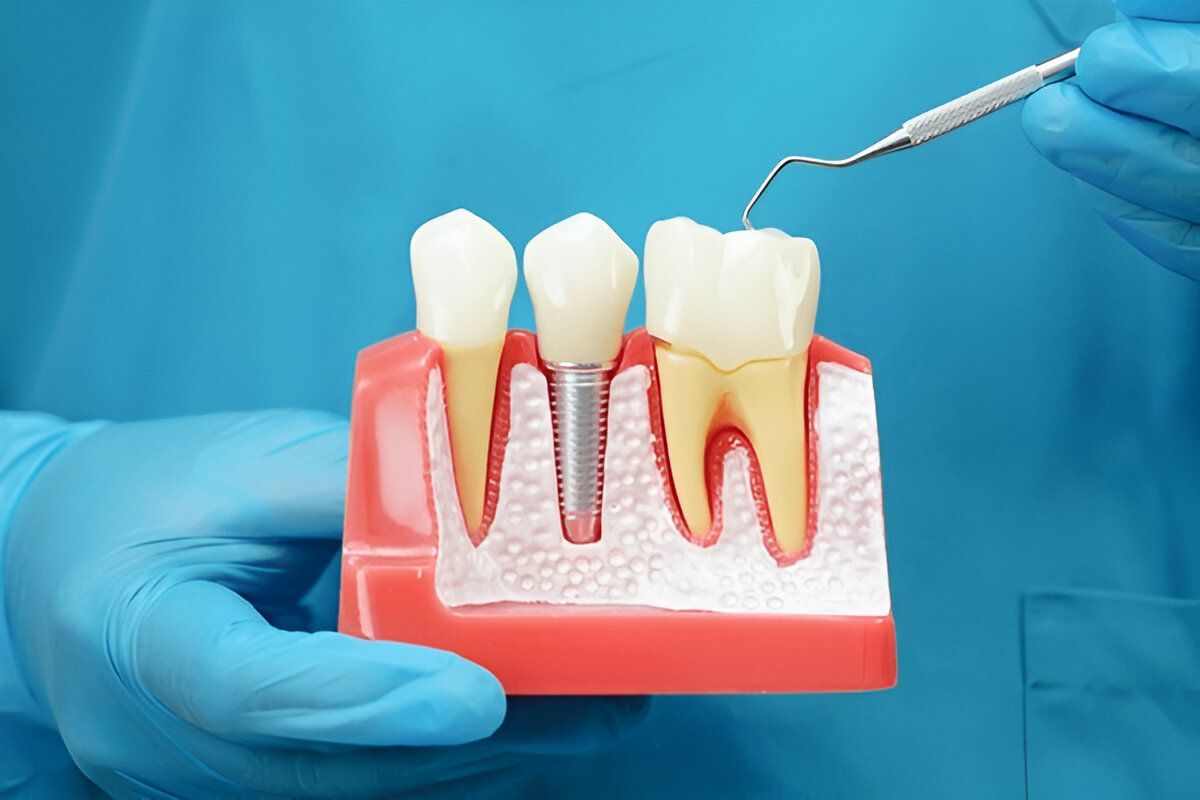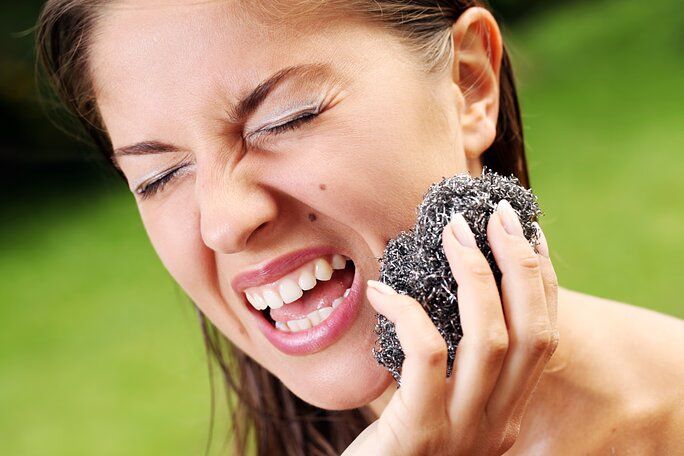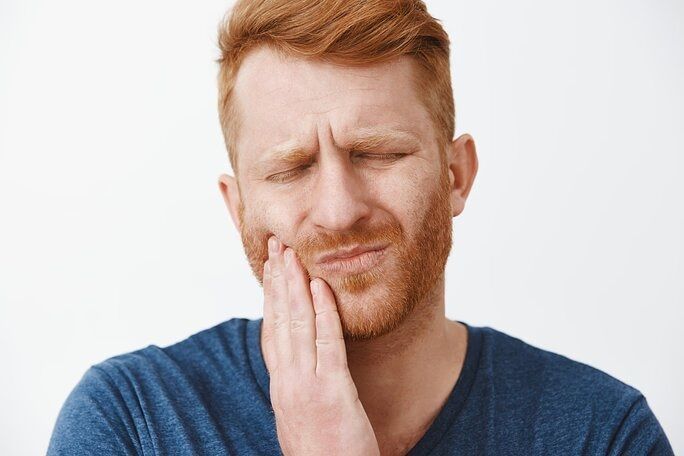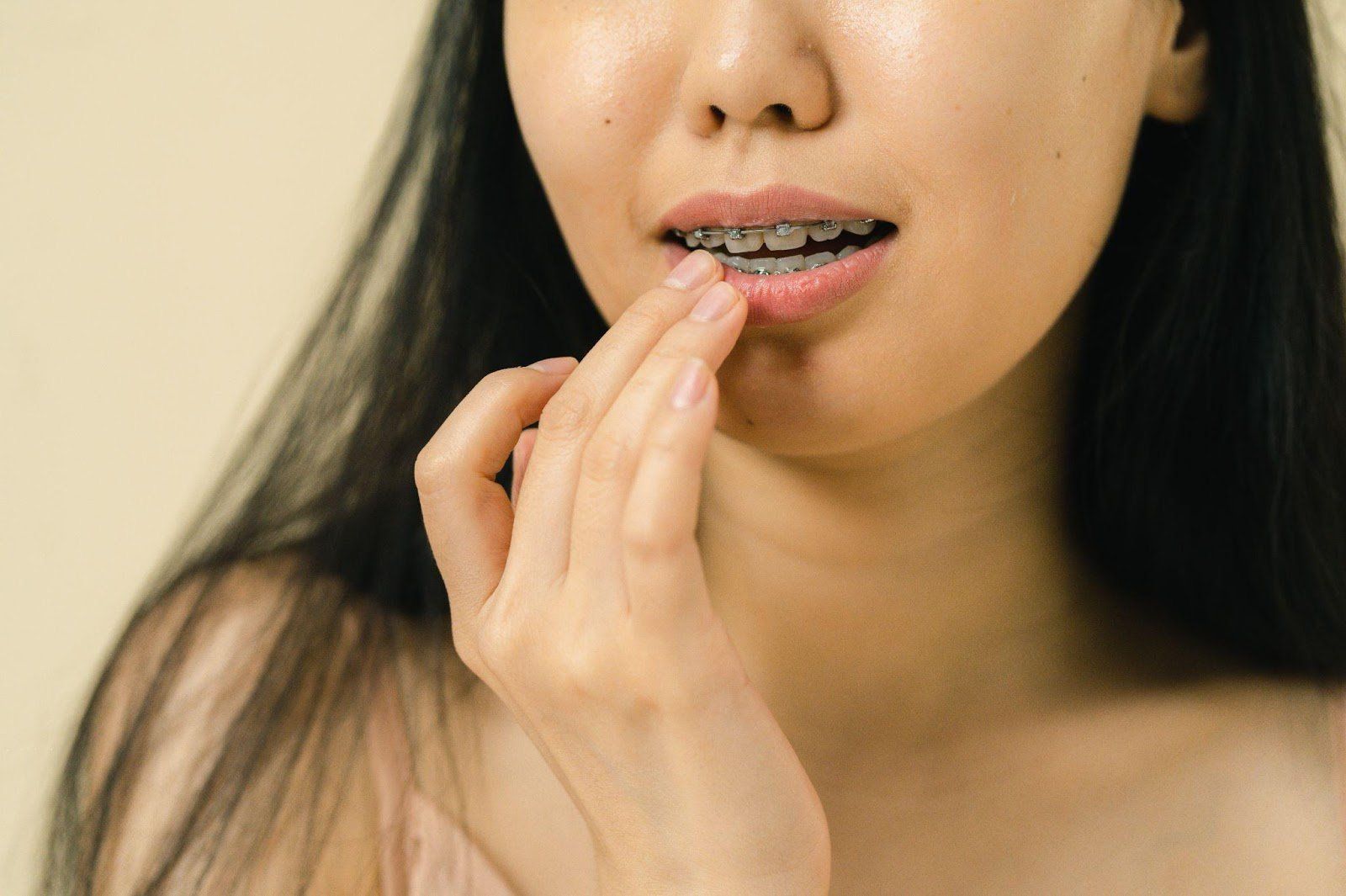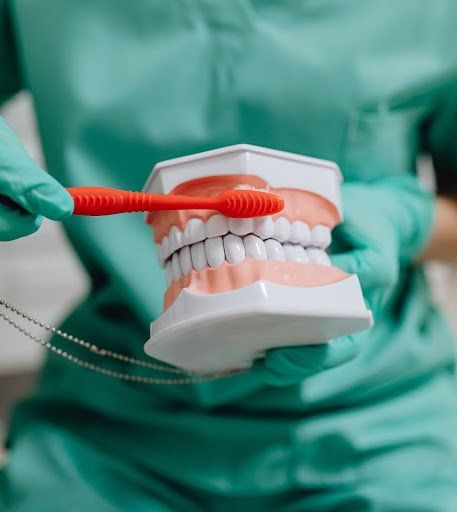by Milena Marguenski
•
10 June 2025
Brooklyn residents with missing teeth have a powerful solution: dental implants. These artificial tooth roots support crowns or bridges, giving you a permanent, natural-looking smile. At Park Dental in Bushwick, Brooklyn, our skilled implant dentists use advanced technology to replace missing teeth comfortably and safely. In this guide, we’ll cover everything from implant benefits and candidacy to procedure steps and aftercare – all tailored for adults in Brooklyn considering this life-changing tooth replacement option. Our Brooklyn dental office is equipped with the latest imaging and surgical tools. Park Dental offers modern, comfortable care right in your neighborhood. We also provide gentle sedation options to make your implant procedure as relaxed as possible. Learn more about our services on our dental implants page, and feel free to contact us to schedule a consultation at Park Dental’s Brooklyn clinic. What Are Dental Implants and Who Needs Them? Dental implants are permanent tooth replacements made of medical-grade titanium. They mimic a natural tooth’s root by being surgically placed into your jawbone. Once healed, implants firmly anchor a custom crown, bridge, or denture. This makes them a top choice for tooth replacement because they function and feel like real teeth. Unlike removable dentures, implants don’t slip or press on gums. Candidates for implants need good oral and overall health. You should have healthy gums and sufficient bone where the implant goes. Park Dental’s team will evaluate your health, taking X-rays or 3D scans to plan treatment. Conditions like uncontrolled diabetes or heavy smoking can affect healing, but many issues (like bone loss) can be managed with additional procedures like bone grafting. Our dentists in Brooklyn will guide you on the best approach for your situation. In general, dental implants are suitable for adults of nearly any age, even seniors, as long as the mouth is healthy enough for oral surgery. Dental implants are one of several tooth replacement options. Others include bridges or dentures. Unlike these alternatives, implants help preserve jawbone health: the titanium post stimulates the bone like a natural root. This prevents the bone loss common after tooth loss, keeping your facial structure firm over time. Patients often find implants more comfortable, easier to chew with, and more aesthetically pleasing than traditional dentures. Benefits of Dental Implants Dental implants offer many advantages over other solutions. Key benefits of implants include: Natural look and feel. The ceramic crowns on implants closely mimic real teeth in shape and color. You’ll chew and speak normally. Bone preservation. Implants fuse to the jaw (osseointegration), which keeps the bone strong and avoids the shrinking that can happen with missing teeth. Durability. With proper care, implants can last decades or even a lifetime. Typical success rates are very high (around 90–95% over 10 years). Stability. Implants anchor bridges or dentures securely. You won’t have to worry about slipping or adhesives. Easy maintenance. You brush and floss implants just like natural teeth. No special cleaning solutions are needed. Improved confidence. Many patients feel better knowing implants look and function like natural teeth. For Brooklyn adults looking to restore a smile after tooth loss, these benefits make implants an excellent investment in oral health and self-confidence. Recent studies show over 90% of implants remain successful after 10 years when patients maintain good hygiene and see their dentist regularly. Advanced technologies at Park Dental , such as digital 3D imaging, help our Brooklyn team plan implants with precision, further boosting success rates. Dental Implant Procedure: Step-by-Step The dental implant process at Park Dental happens in stages. Understanding implant procedure steps helps set expectations and ease anxiety: Consultation and Planning. We begin with a thorough exam and imaging (like 3D CBCT scans). The dentist reviews medical history and discusses your goals. We’ll plan exactly where to place implants and whether any preparatory work is needed (for example, removing a damaged tooth or adding bone). Preparation (if needed). If you have a tooth that needs extraction or if bone is insufficient, those procedures happen first. Bone grafts or sinus lifts are common preparatory surgeries to ensure a strong foundation for the implant. Implant Placement Surgery. Under local anesthesia (and sedation if you prefer), the dentist makes a small incision in your gum and drills a hole in the jawbone. The titanium implant screw is inserted into the bone. The gum is then closed with stitches. This surgery is typically done one implant at a time, unless multiple implants are placed in one visit. Healing and Osseointegration. Over the next 3–6 months, the jawbone fuses tightly to the implant in a process called osseointegration. During this phase, a temporary restoration may be provided for appearance, or you might wait without a tooth in that spot. Abutment Placement. Once the implant is securely fused, a second minor surgery uncovers the implant and attaches an abutment (a small connector). In some cases, the abutment is attached at the time of initial surgery instead. Crown Placement. After the gums heal around the abutment (usually a few weeks), we take impressions for your custom crown (or bridge/denture). The final ceramic restoration is cemented or screwed onto the abutment, completing your new tooth. Park Dental ’s implant specialists guide you through each phase. We use computer-guided planning and precise surgical techniques to ensure optimal placement. Many patients feel little to no discomfort during surgery, thanks to modern sedation options. Pain after the procedure is manageable with prescribed or over-the-counter medications and usually subsides within a few days. Throughout healing, we’ll monitor your progress and maintain communication to ensure the best possible outcome. Advanced Technology and Success Rates Dental implant technology has advanced rapidly. Park Dental Brooklyn incorporates these innovations to improve patient outcomes: Digital 3D Imaging and Planning. Cone-beam CT scans let our dentists see exact bone shape and density. This ensures implants avoid nerves/sinuses and fit perfectly. Guided Surgery. Using digital planning, we can create a surgical guide that places implants precisely where planned, often reducing surgery time and healing issues. High-Strength Materials. Modern implants use medical-grade titanium or zirconia for biocompatibility. New surface treatments (like sandblasting and acid-etching) enhance how bone grows onto the implant. Immediate or Same-Day Teeth. In some cases, our experts can place a temporary crown on an implant immediately after surgery or later the same day, meaning you leave with a tooth. Park Dental ’s team evaluates if you qualify for these options. Computer-Aided Design/Manufacturing (CAD/CAM). We use digital impressions and CAD/CAM milling to create precise crowns in fewer visits, sometimes even on the same day. Thanks to these advances, modern implants at Park Dental boast impressive success rates. Research shows implants have a roughly 95%+ success rate over 10 years, with slightly higher survival in the lower jaw (about 95%) than the upper (around 90%). Good candidates who follow post-surgery care can expect their implants to last for decades. Our Brooklyn practice’s emphasis on technology and experience means patients benefit from one of the highest success rates in tooth replacement. Recovery and Aftercare After implant surgery, most patients experience mild swelling and discomfort for a few days. We’ll provide post-op instructions to ease recovery: Pain Management. Ice packs and recommended medications keep you comfortable in the first 48 hours. Diet. Stick to soft foods initially (yogurt, soup, smoothies) and avoid hot or hard foods on the implant side until healed. Oral Hygiene. Keep your mouth clean with gentle rinsing and careful brushing. Once the implant site is ready, you’ll brush and floss it normally. Good hygiene is key to implant longevity. Follow-Up Visits. Plan to see us at Park Dental a few times after surgery. We’ll check healing, remove sutures if needed, and eventually place your final crown. Most patients return to work within a day or two. After full healing, implants require no special maintenance beyond regular brushing, flossing, and dental check-ups – just like natural teeth. With proper care, dental implants can transform oral health, letting you smile and chew with confidence again. Park Dental – Oral Surgery and Dental Implants in Brooklyn Park Dental ’s Brooklyn clinic features experienced oral surgeons and implant dentists who specialize in implants and related surgeries. Our team is committed to compassionate care; we explain every step and answer questions so you feel informed. From the moment you contact us for an implant consultation, we aim to make the process smooth and comfortable. We offer sedation dentistry (oral or IV) for nervous patients, and our office is near public transit in Bushwick, Brooklyn, making visits convenient. At Park Dental , state-of-the-art sterilization and modern equipment ensure safety and precision. The blend of advanced techniques and a friendly atmosphere helps deliver outstanding implant results for Brooklyn families. For more on dental health and our services, visit our blog or dental implants page. When you’re ready to discuss dental implants in Brooklyn, Park Dental is here to help restore your smile. Frequently Asked Questions Q: What are dental implants and how do they work? A: Dental implants are titanium posts placed in the jaw to replace tooth roots. Over a few months, they fuse with the bone (osseointegration). Then a custom crown is attached, providing a natural-looking replacement tooth that functions just like the original. Q: Am I a good candidate for implants? A: Most healthy adults with missing teeth are good candidates. You need healthy gum tissue and sufficient jawbone. Conditions like gum disease must be treated first. During your consultation at Park Dental , we’ll check if any preparatory treatments (e.g. bone grafts) are needed to make implants possible. For more information or to discuss if dental implants are right for you, call Park Dental or book an appointment online. Our Brooklyn dental implant experts are ready to help you achieve a healthy, confident smile! Contact Park Dental today at 408 Knickerbocker Ave, Brooklyn, NY or call 718‑573
